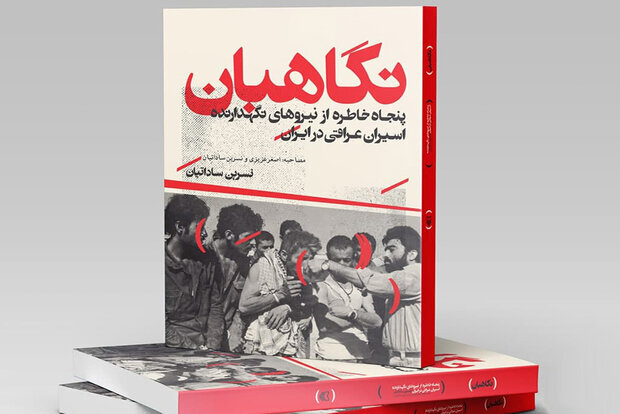INSUBCONTINENT EXCLUSIVE:
It was because of this interest in writing that I changed my major and began seriously pursuing writing.* Could you elaborate on the title
"Guardian" of the book?The stories' narrators were all those who had some sort of contact with the prisoners, which broadened the scope of
Commanders, camp officials, medical personnel, aid workers, and others.* What challenges did you face during the interviews?I began writing
the book on March 8, 2017, with the expectation of finishing it by the end of the summer of 2018
But, for three years, we faced challenges due to a variety of factors, including the interviewee's failure to show up, old age, commuting,
and, most importantly, their unwillingness to be interviewed
Besides, some of them had lost pieces of their memories and had to talk for hours to recall them
Eventually, I spent 128 hours interviewing these 50 people in order to write their memoirs.* Which facts stood out to you the most in these
memories?The Iraqi Ba'athists had so brainwashed their soldiers that even in captivity, they wanted to follow their own rules and power,
making it difficult for the guards
As a result, the guards couldn't always use military force to calm them down, so they had to go talk to them without weapons.* How truthful
are the stories? Do you think the audience believes the guards did not use as much force and power as they could?I can confidently state
that the story is free of exaggeration and censorship.They were not permitted to act violently because of the condition, especially after
Imam Khomeini's remark that Iraqi prisoners are our guests
been difficult for the guardsmen and you to go over the memories
How did you keep the situation under control?We cried a lot during the work
I was surprised as to why certain people with certain ideas and appearances were required to do so

